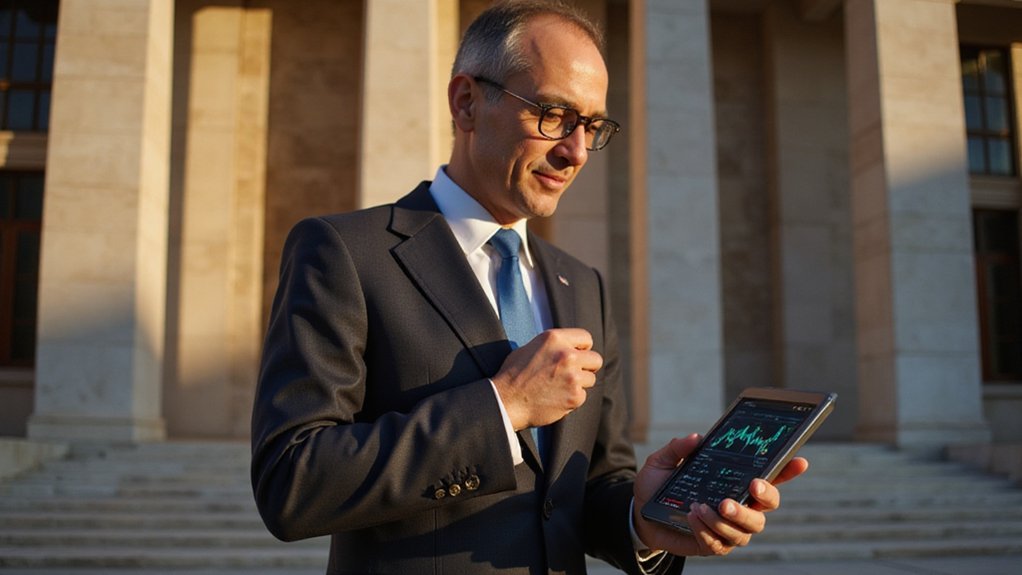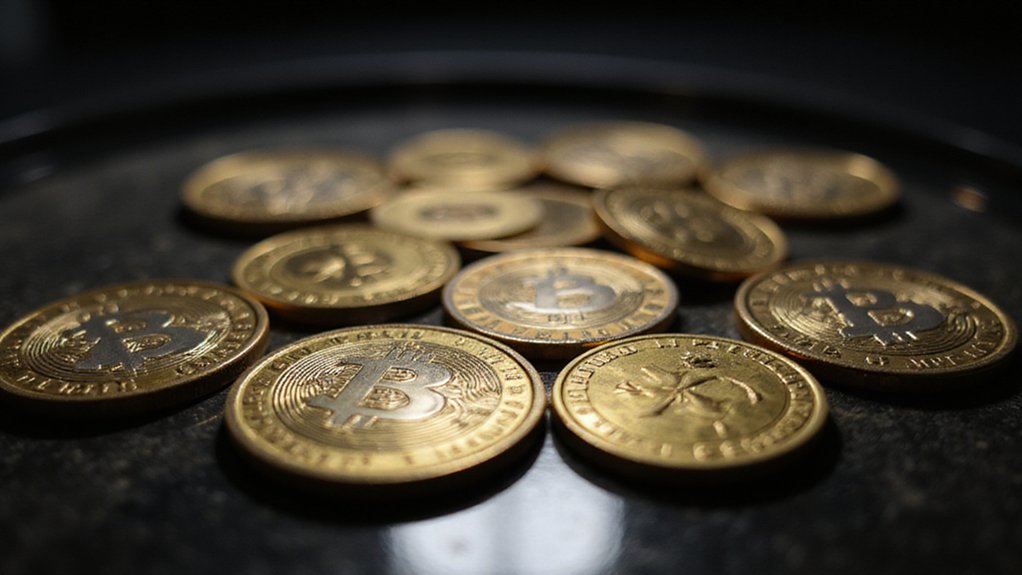Brazil has decided to embrace what critics might charitably call “monetary adventurism” with Bill 4501/2024, a legislative proposal that would allocate up to 5% of the nation’s international reserves—roughly $15-17 billion—to Bitcoin through a newly minted Sovereign Strategic Bitcoin Reserve dubbed RESBit.
This initiative, jointly managed by the Central Bank and Finance Ministry, represents either visionary economic diversification or an expensive experiment in digital alchemy, depending on one’s tolerance for volatility.
The proposal arrives courtesy of Federal Deputy Eros Biondini, with backing from Vice President Geraldo Alckmin‘s chief of staff—though significantly not from the Central Bank’s monetary policy director, who apparently maintains quaint concerns about crypto volatility affecting reserve management.
The bill includes criminal penalties for officials who mismanage these digital assets, because nothing says “confidence in your investment strategy” quite like threatening imprisonment for poor performance.
RESBit’s architects position Bitcoin as “digital gold,” a hedge against currency devaluation and geopolitical risks that could theoretically enhance portfolio resilience.
The reserves would be acquired through phased purchases (sensibly avoiding market disruption) and stored in cold wallets, while supporting Brazil’s emerging CBDC called Drex—creating an intriguing juxtaposition of decentralized and centralized digital currencies within the same sovereign strategy.
Brazil follows the U.S. model, which established its strategic Bitcoin reserve in March 2025, while potentially surpassing El Salvador’s pioneering but considerably smaller efforts.
If implemented, Brazil’s reserve would constitute the world’s largest sovereign Bitcoin holding, positioning the country as either a prescient early adopter or a cautionary tale for future economic historians.
The first public hearing is scheduled for August 20, 2025, offering stakeholders and skeptics alike the opportunity to debate whether incorporating crypto into sovereign assets represents prudent diversification or merely expensive speculation dressed in monetary policy clothing.
The outcome could influence other emerging economies exploring similar strategies, making Brazil’s decision a fascinating case study in modern monetary experimentation—assuming, of course, that Bitcoin’s notorious price swings don’t transform this bold economic strategy into an inadvertent lesson in fiscal humility.
Given Bitcoin’s history of 80% drawdowns being common during market crashes, Brazil’s substantial allocation represents a significant test of institutional risk tolerance for cryptocurrency volatility.





